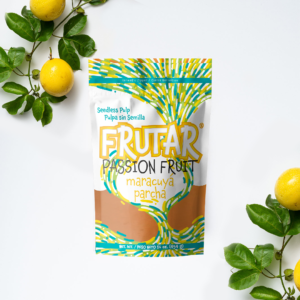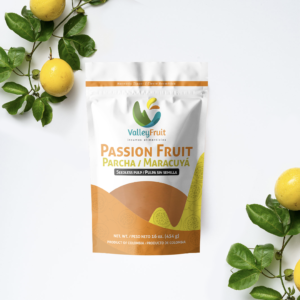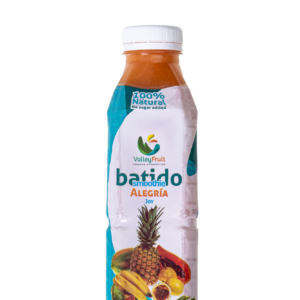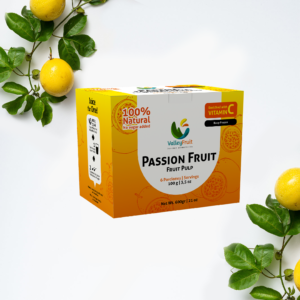The passion fruit is one of the most representative tropical fruits. Known as the passion fruit, Parcha in Puerto Rico, Parchita in Venezuela and Chinola in
Dominican Republic, other countries: passion fruit or Passion Fruit. There are many benefits of passion fruit that our body can take advantage of.
80% of passion fruit is water and its fats, which are minimal, are concentrated in the seeds. It does not stand out for its proteins, but it does stand out for its carbohydrates and, above all,
due to its significant percentage of insoluble vegetable fiber that contributes to the proper functioning of the digestive system. However, the most notable thing about this tropical fruit is
its high content of vitamins, minerals and phytochemicals. It has almost as much vitamin C as lemon and orange, it has three times as much vitamin B3 as most fruits and high
percentage of beta-carotene, vitamin B2, potassium, calcium, iron, magnesium, phosphorus and trace elements.
Being one of the fruits, the sugar it contains is intrinsic as it is accompanied by fiber, so it is not harmful to health, but passion fruit is also an ally.
to avoid overweight by having a satiating effect. Among its benefits are helping with constipation and having anti-inflammatory properties.
It is a first-class food, rich in minerals and vitamins. For example, it has vitamin C, potassium, phosphorus and magnesium. With an exotic flavor, the passion fruit “feeds” and provides few
calories in every bite.
High antioxidant content: Passion fruit is rich in antioxidants, which help fight free radicals and prevent cellular aging.
Improves digestion: Passion fruit is an excellent source of fiber, which helps improve digestion and prevent problems such as constipation.
Reduces stress and anxiety: Consuming passion fruit can help reduce stress and anxiety levels, thanks to its magnesium and tryptophan content.












